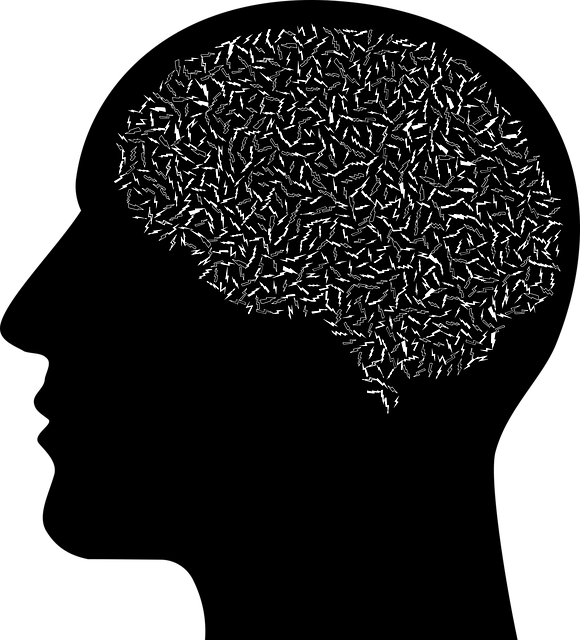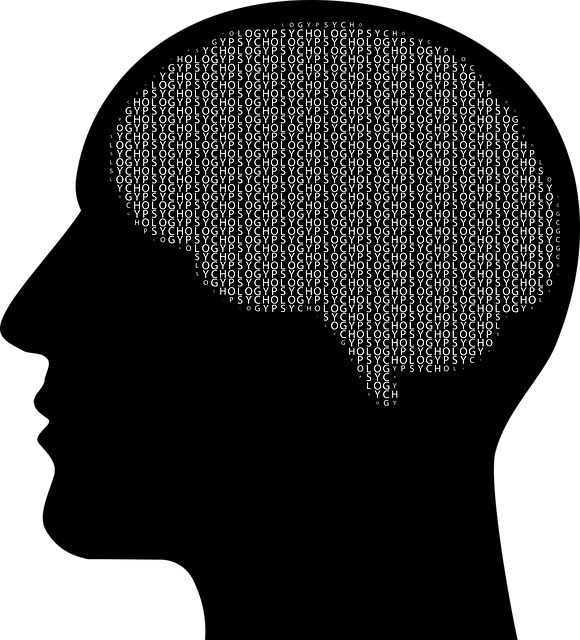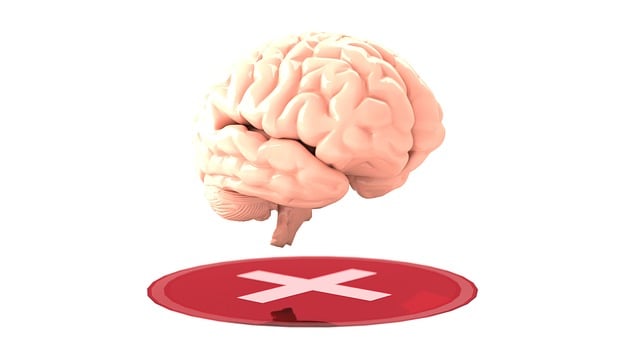Depression among adolescent teens in blended families is a growing concern, exacerbated by societal pressures and family dynamics. Early recognition of signs like persistent sadness, changes in appetite, and difficulty concentrating is vital for intervention. Professional therapy, support groups, and coping strategies can significantly improve mental health. Family therapy plays a pivotal role, fostering open communication and building resilience. Integrating Cognitive Behavioral Therapy (CBT) techniques at home empowers teens to manage stress and develop inner strength. A supportive environment, including tailored mental health education and risk assessments, is key to preventing and mitigating depression in blended family adolescents.
Depression among adolescent teens is a growing concern, particularly within blended families. This article explores vital prevention strategies to combat this rising mental health challenge. We delve into recognizing subtle signs of depression in teens, emphasizing early intervention’s significance. Additionally, we examine family therapy as a powerful tool for blended households, offering guidance on effective cognitive-behavioral techniques that parents can implement at home. By fostering a supportive environment, we aim to empower families to navigate and overcome depression together.
- Recognizing the Signs of Depression in Adolescent Teens
- The Role of Family Therapy for Blended Families
- Integrating Cognitive Behavioral Therapy (CBT) Techniques at Home
- Building a Supportive Environment for Overcoming Depression
Recognizing the Signs of Depression in Adolescent Teens

Depression among adolescent teens is a growing concern, with many factors contributing to its rise, including societal pressures, academic demands, and changes in family structures. Recognizing the signs early is crucial for effective intervention. Teenagers from blended families, where parents have remarried or divorced and new step-parents are involved, may face unique challenges that can increase their vulnerability to depression. They often experience complex emotions related to identity issues, relationship dynamics, and adapting to different family environments.
The symptoms of depression in teens can manifest differently compared to adults. It’s essential for parents, caregivers, and educators to be vigilant regarding changes in behavior, such as persistent sadness, loss of interest in activities once enjoyed, increased irritability or anger, changes in appetite and sleep patterns, difficulty concentrating, and feelings of worthlessness or guilt. If left unaddressed, depression can have severe long-term effects on a teen’s mental health and overall well-being. Seeking professional help is vital; therapy for adolescent teens tailored to their specific needs, along with support groups, can be highly effective. Additionally, encouraging positive thinking, anxiety relief techniques, and providing access to stress management workshops or organizations can equip teens with valuable coping strategies to navigate these challenges.
The Role of Family Therapy for Blended Families

In today’s world, depression prevention is a critical aspect of maintaining mental wellness, especially within blended families. Family therapy plays a pivotal role in supporting adolescents navigating complex familial dynamics. For teen individuals growing up in blended households, where two different families merge, therapy offers a safe space to express emotions and build resilience. This is particularly important as adolescence is already a period of significant emotional development and transition.
Blended family therapy focuses on fostering open communication, strengthening relationships, and enhancing coping mechanisms. It helps teens develop a sense of belonging and security by encouraging them to share their experiences and feelings openly. Additionally, mindfulness meditation and confidence-boosting activities can be integrated into the therapeutic process, empowering adolescents to manage stress and build mental fortitude. Such interventions contribute to the overall mental wellness of both teens and the family as a whole, creating a more supportive environment that prevents or mitigates depression.
Integrating Cognitive Behavioral Therapy (CBT) Techniques at Home

Depression prevention strategies for adolescent teens in blended families can be effectively enhanced through integrating Cognitive Behavioral Therapy (CBT) techniques at home. CBT, a well-established therapy for teens, focuses on identifying and changing negative thought patterns and behaviors that contribute to depression. By adopting this approach, parents and caregivers can play a pivotal role in supporting their teen’s emotional well-being promotion techniques.
Blended families offer unique opportunities for inner strength development through shared experiences and open communication. Self-awareness exercises, often incorporated into CBT, encourage teens to reflect on their thoughts, feelings, and behaviors. This introspection is crucial for understanding triggers and building coping mechanisms tailored to their individual needs. Incorporating these therapy techniques at home fosters a safe space for teens to explore their emotional landscapes and develop the resilience needed to navigate life’s challenges, ultimately contributing to their overall mental health.
Building a Supportive Environment for Overcoming Depression

Building a supportive environment is crucial for adolescents navigating depression, especially within blended families. Therapists play a vital role in fostering a safe and non-judgmental space where teens feel understood and empowered to express their feelings. Blended family dynamics can introduce unique challenges, such as step-parents or different parenting styles, which may trigger anxiety or depression. Therefore, therapists should design mental health education programs tailored to these families, focusing on open communication, shared routines, and healthy coping mechanisms.
Regular therapy sessions for adolescent teens in blended families can provide a consistent support system. Incorporating strategies like cognitive-behavioral therapy (CBT) has proven effective in managing depression by identifying and changing negative thought patterns. Additionally, mental health professionals should conduct risk assessments to anticipate potential triggers and implement early interventions. By promoting mental health education and providing the right tools, adolescents and their blended families can better navigate and overcome depressive episodes.
Depression prevention is a multifaceted approach, especially for adolescent teens in blended families. By recognizing early signs and integrating evidence-based practices like Cognitive Behavioral Therapy (CBT), parents can foster a supportive environment at home. Family therapy plays a crucial role in addressing complex dynamics within blended households. With the right strategies, it’s possible to navigate challenges and promote mental well-being for all teens involved.











